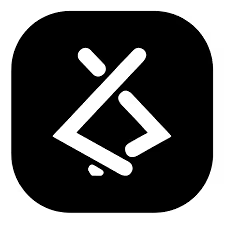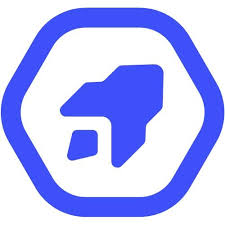Sales Agents are software tools that handle sales tasks that people used to do manually. They can find potential customers, send personalized emails, book meetings, and follow up with leads without someone having to sit there and do each step. A marketing agency might use one to automatically reach out to 100 new prospects each week, qualifying them based on company size and budget before passing the good ones to human reps.
The technology works by connecting to your existing business tools like email, CRM, and calendars. These systems use language models to write emails that sound human and can pull information from your company database to answer specific questions about pricing or features. When a prospect replies asking about integration capabilities, the agent can find that information in your knowledge base and respond with the right technical details within minutes.
Sales Agents work differently than a CRM for sales teams, which mainly stores customer information. These agents actually take action, reaching out to prospects and moving conversations forward on their own. They're not chatbots either, which mostly wait for people to ask questions. A good sales enablement platform might include both CRM functionality and active agents. Companies looking for the best sales rep software often want tools that can both track relationships and actively work leads.
Sales teams use these tools to qualify incoming leads around the clock, automatically book demos when prospects show interest, and keep CRM records updated without manual data entry. Sales representative software like this handles the repetitive parts of prospecting so human reps can focus on actual conversations and closing deals. The technology is getting better at understanding context and handling objections, which means more businesses will probably start using them as a standard part of their sales process.











































